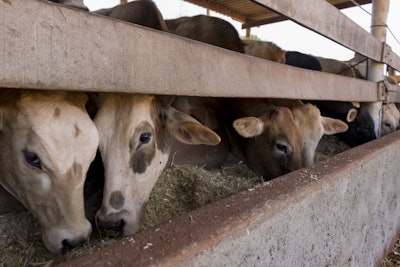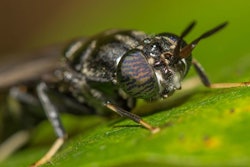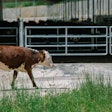
Six global food companies launched an alliance to help dairy farmers reduce methane emissions and make farming more sustainable.
The Bel Group, Danone, General Mills, Kraft Heinz, Lactalis USA, and Nestlé joined with the Environmental Defense Fund (EDF) to create the Dairy Methane Action Alliance (DMAA), which has committed to help reduce and account for the methane emissions in their dairy supply chains.
“These companies will transparently account for and publicly disclose the total methane emissions associated with their dairy supply chains. They also each pledge to create a public methane action plan by the end of 2024 to drive down methane emissions in their dairy supply chains,” the EDF said on its website.
The DMAA is a first step in setting a new model for transparency, participation and emissions reduction in the food sector.
“With Environmental Defense Fund leading the effort and providing support for farmers and companies — as well as cutting-edge research on innovative solutions such as changing cows’ diets and improving how manure is managed — the Dairy Methane Action Alliance is poised to make a global impact,” EDF said.
Together, the six companies represent more than US$200 billion in global sales.
“We’re extending an open invitation to everyone in the dairy sector to join us, and deliver even larger action at scale,” the EDF said.
Other actions to reduce methane emissions
In November, the Global Methane Hub and Danone entered into a new partnership to reduce methane emissions and drive scalable solutions in farming. Under the partnership, Danone will become the first corporate funder of the Enteric Fermentation R&D Accelerator, the largest ever globally coordinated research effort on enteric methane, coordinated by GMH and supported by an alliance of philanthropic organizations and governments.
And, in August, a new research consortium, the Greener Cattle Initiative, awarded its first grant of more than US$750,000 to Penn State's Distinguished Professor of Dairy Nutrition Dr. Alexander N. Hristov to support Hristov's work to develop new methane inhibitors for cattle producers by focusing on innovative compounds that have shown an ability to reduce enteric methane emissions by at least 30% in early laboratory tests.
The Global Methane Pledge, signed by more than 150 countries, has a goal of cutting anthropogenic methane emissions at least 30% by 2030 from 2020 levels. Feeding strategies that lower enteric methane emissions from dairy cattle are key to meeting this goal, and there is a wide variety of products that have the potential to lower methane emissions in dairy cattle.














